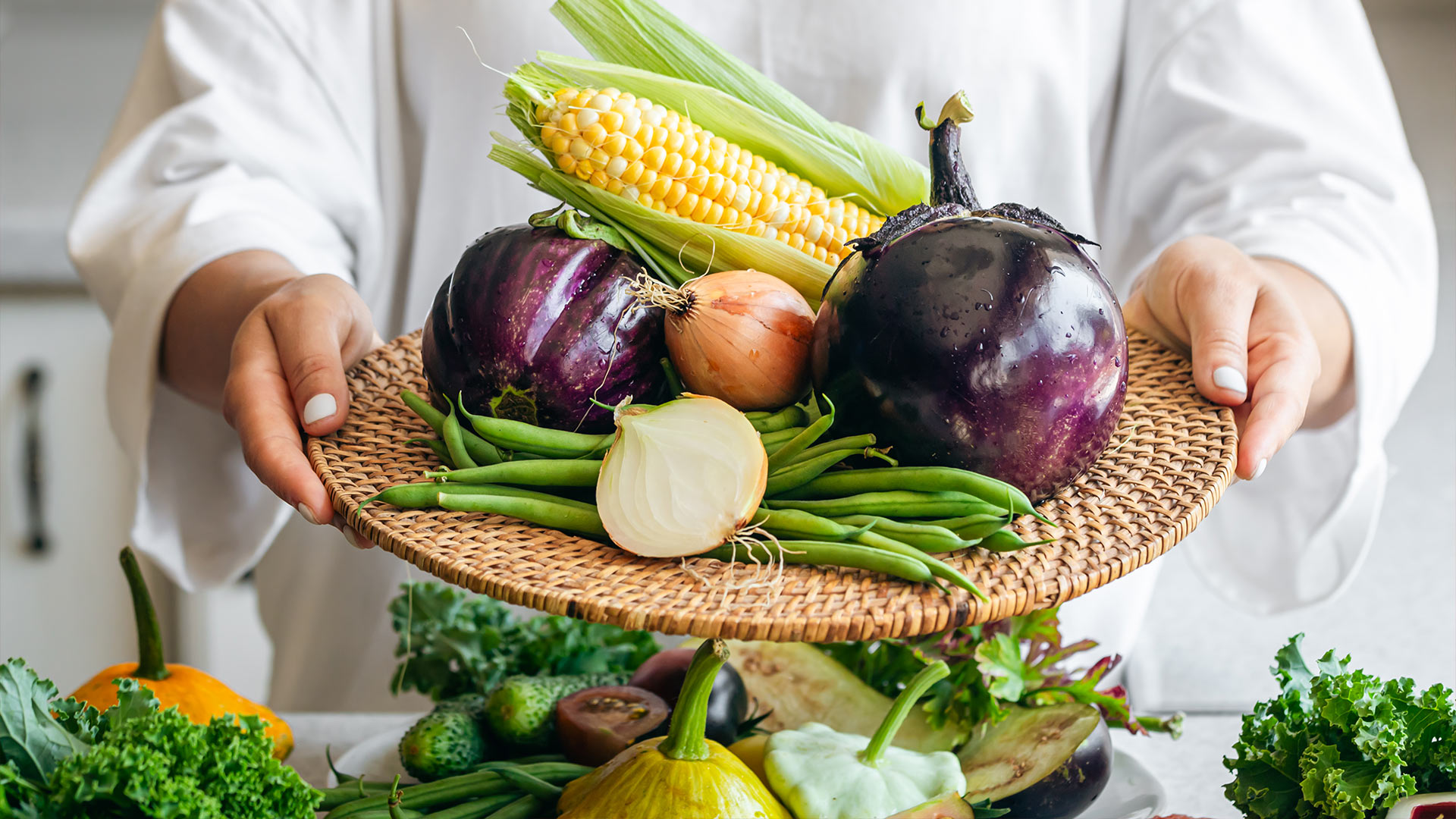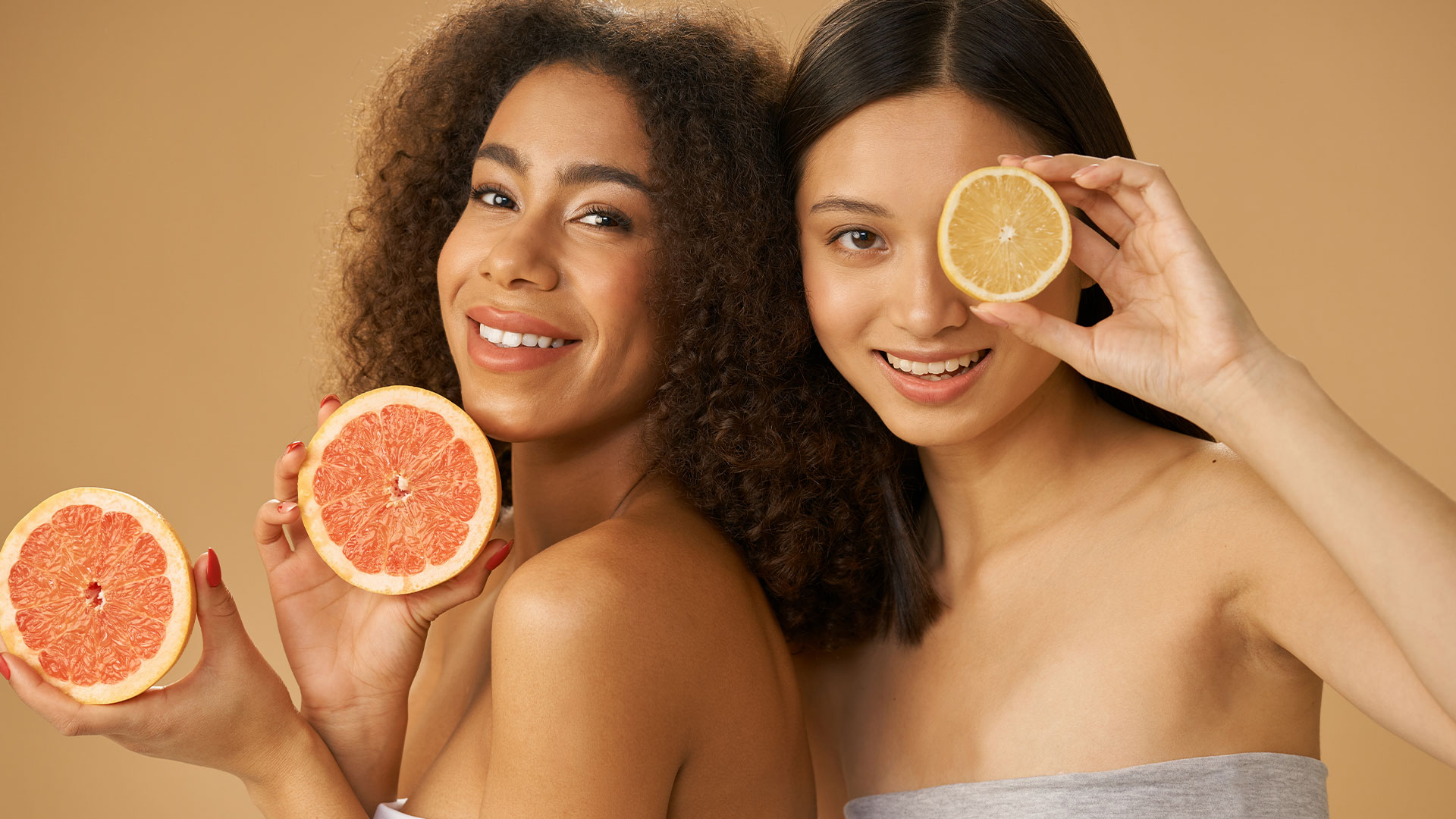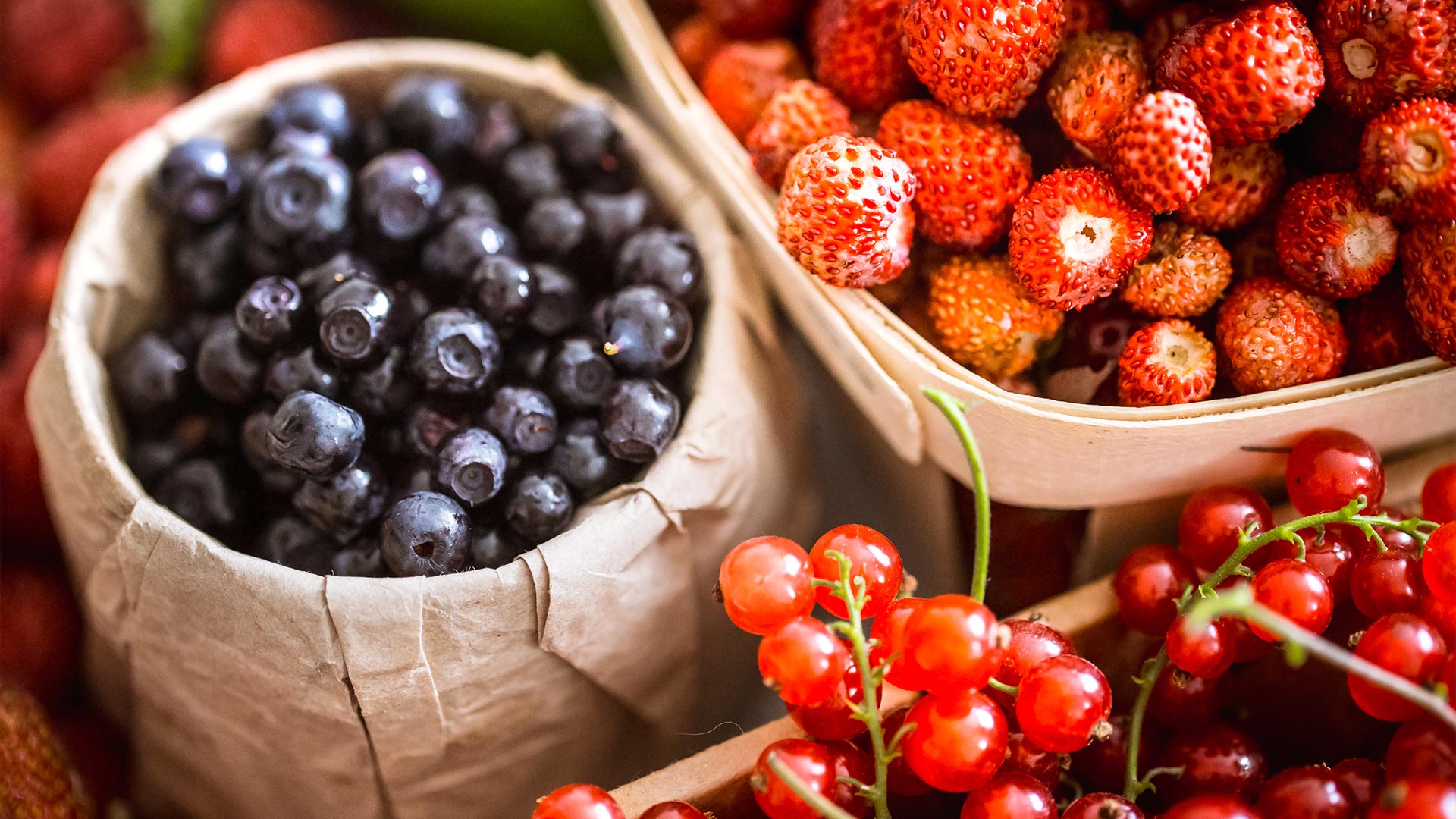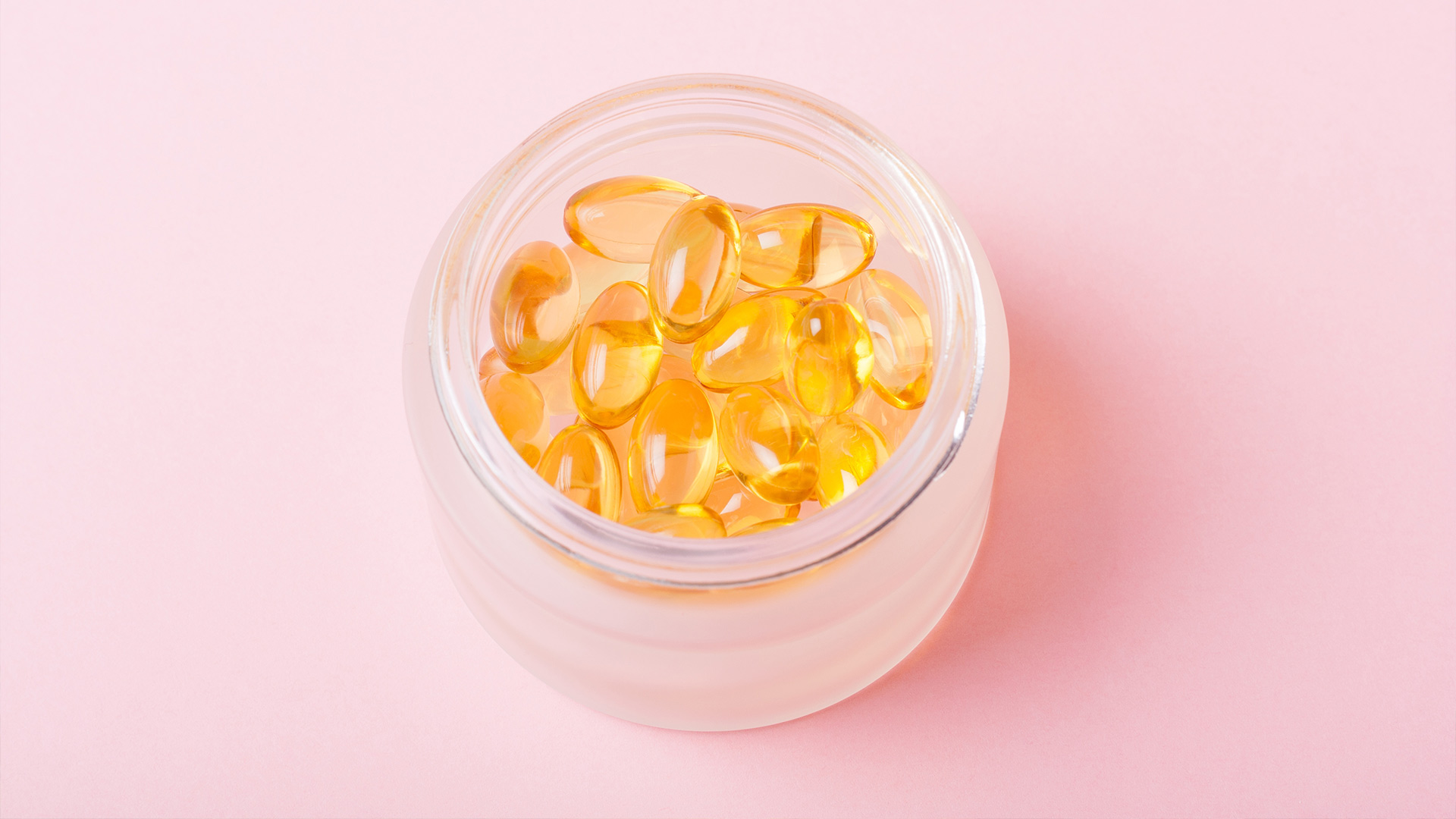You don’t need pricey serums or miracle creams to slow down skin aging. Sometimes, the answer is on your plate.
A well-balanced plant-based diet—rich in fruits, vegetables, healthy fats, and whole grains—can seriously boost your skin health. Not only does it help with hydration, glow, and firmness, but it also fights the root causes of premature aging like inflammation, free radicals, and nutrient loss.
Let’s break down how a plant-based lifestyle can help you maintain ageless, resilient skin, and exactly what to eat more of (and what to skip) to get those results.
Why Plant-Based Works for Skin
Plants are full of antioxidants, vitamins, phytonutrients, and healthy fats that work together to:
- Boost collagen production
- Improve elasticity
- Brighten skin tone
- Reduce fine lines and dullness
- Fight inflammation and oxidative stress
Unlike crash diets or high-protein animal-heavy meals, a plant-based diet helps your gut, hormones, and skin all work in sync.
You don’t have to go full vegan to get the benefits. Even shifting 70–80% of your meals toward plants can lead to visible changes.
Key Nutrients for Ageless Skin (And Where to Get Them)
A youthful complexion depends on more than just calories—it needs very specific nutrients. Here are the top skin-loving components to focus on in a plant-based diet:
1. Vitamin C – Critical for collagen production
- Found in: oranges, kiwi, bell peppers, broccoli, strawberries
2. Vitamin A (as beta-carotene) – Speeds up cell turnover and reduces sun sensitivity
- Found in: carrots, sweet potatoes, pumpkin, spinach
3. Vitamin E – Protects skin cells and helps prevent oxidative damage
- Found in: almonds, sunflower seeds, avocado, leafy greens
4. Omega-3 fatty acids – Hydrate skin and reduce inflammation
- Found in: chia seeds, flaxseeds, walnuts, hemp seeds
5. Polyphenols and flavonoids – Fight off skin-aging free radicals
- Found in: green tea, berries, cacao, red grapes, dark leafy greens
6. Zinc and selenium – Repair skin, support healing, and fight acne
- Found in: pumpkin seeds, chickpeas, lentils, Brazil nuts
7. Plant-based protein – Maintains skin structure and supports elasticity
- Found in: tofu, tempeh, quinoa, lentils, black beans, edamame
Build Your Anti-Aging Plant-Based Plate
Creating meals that feed your skin doesn't need to be complicated. Here's how to structure a plate that supports healthy, youthful skin:
Morning:
- Oatmeal with almond milk, chia seeds, blueberries, and a spoonful of almond butter
- Or: Green smoothie with spinach, banana, flaxseeds, avocado, and plant protein
Lunch:
- Quinoa salad with cherry tomatoes, arugula, chickpeas, pumpkin seeds, and olive oil
- Or: Roasted sweet potato and kale bowl with tahini drizzle
Snack:
- Handful of walnuts and sliced apple
- Or: Edamame with a little sea salt and lemon
Dinner:
- Lentil stew with carrots, turmeric, and spinach, served with brown rice
- Or: Stir-fry with tofu, broccoli, bell peppers, sesame oil, and ginger
Dessert:
- Dark chocolate square and green tea
- Or: Chia pudding with coconut milk and strawberries
Hydration:
Drink plenty of water, and add cucumber slices or lemon for a refreshing skin boost. Herbal teas (especially green tea and rooibos) are great skin supporters too.
Benefits You Can Expect (If You Stick With It)
Going plant-based for your skin isn’t an overnight miracle. But within a few weeks to a couple of months, many people notice:
- Brighter skin tone
- Fewer breakouts
- Improved texture and smoothness
- Less redness or puffiness
- Softer fine lines and a more plump appearance
And over time? You’re protecting your collagen, minimizing sun damage, and reducing the inflammation that speeds up aging.
What to Limit or Avoid for Better Results
Not all plant-based foods are automatically good for your skin. Some actually increase inflammation, spike blood sugar, or dull your glow. Here's what to keep in check:
- Refined sugar – contributes to glycation, which breaks down collagen
- White bread, pasta, or processed carbs – spike blood sugar and lead to inflammation
- Highly processed vegan junk food – plant-based doesn’t always mean healthy
- Seed oils in excess – too much omega-6 can promote inflammation
- Excess alcohol or caffeine – dehydrates skin and impacts sleep (which affects regeneration)
Keep these foods as “sometimes” treats, not everyday staples.
Can a Plant-Based Diet Replace Skincare?
Short answer: no—but it makes skincare way more effective.
You still need:
- A good sunscreen
- Gentle cleanser
- Daily hydration (inside and out)
- And maybe a few targeted serums depending on your skin needs
But a skin-nourishing diet supports every product you use. It creates a strong foundation so that your topical products don’t have to fight an uphill battle.
Think of it this way: if your skin is a garden, your products are the water and sunlight—but your food? That’s the soil.
Bonus: Plant-Based Lifestyle = Less Stress, Better Sleep, More Glow
People who stick to a plant-based or mostly plant-focused lifestyle often notice:
- Improved digestion (which helps with skin clarity)
- Deeper, more consistent sleep (which is when skin repairs itself)
- Reduced stress levels thanks to higher nutrient density and blood sugar balance
All of that contributes to the “I just got back from vacation” kind of glow. No filters required.



